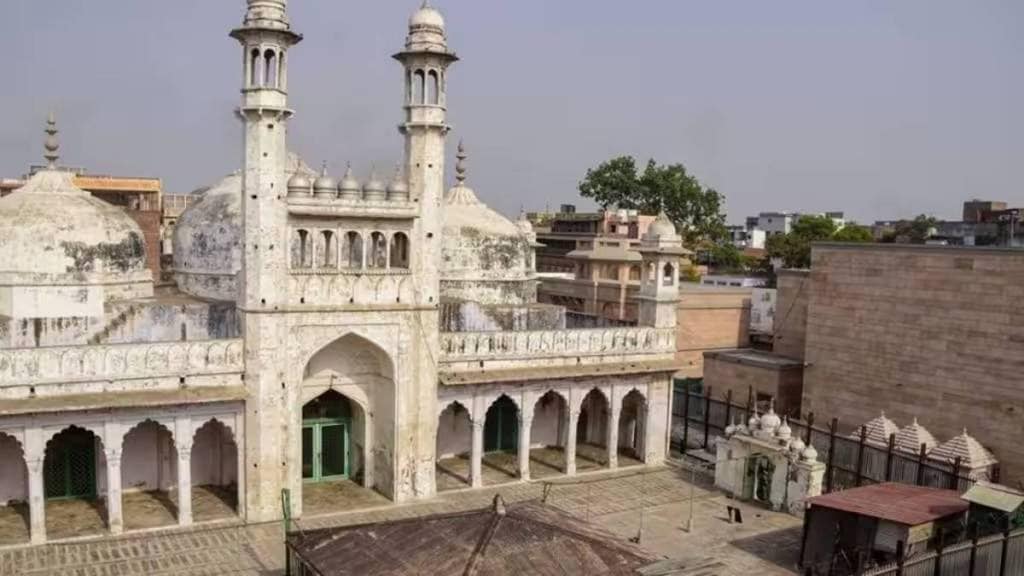A Varanasi district court is likely to rule on a plea by four women petitioners seeking to make the report of the scientific survey carried out by the Archaeological Survey of India at the premises of the Gyanvapi mosque complex public and make a copy available to each of them.
The ASI, filed by the central body on December 18 in court, had sought a four-week postponement of making the report public. The sealed report, if made public, could have significant ramifications on the political atmosphere in the country just months ahead of the Lok Sabha elections and weeks before the opening of the Ram Temple in Ayodhya on January 22.
Also Read: Gyanvapi case: A complete timeline of events
The ASI survey was ordered by the court to ascertain if the Gyanvapi mosque complex was “constructed over a pre-existing structure of a Hindu temple”. The survey excluded the mosque’s wazukhana area, which was sealed on the orders of the Supreme Court in 2022 after Hindu litigants pointed to the presence of a “Shivling” that the Muslim side claimed was a fountain.
Despite the Rashtriya Swayamsevak Sangh denying any new temple movement, the Gyanvapi dispute has remained in focus due to continued remarks by BJP leaders after the Ayodhya verdict by the Supreme Court in November 2019. The Ayodhya judgement is so far the sole exception to the provisions of the Places of Worship Act, 1991, enacted at the peak of the Ram Temple movement, which mandates that the nature of all places of worship be maintained as on August 15, 1947.
Also Read: ASI submits sealed report on Gyanvapi mosque survey in Varanasi court
In a related development, a fast-track court in Varanasi directed the ASI to submit its survey report and provide a copy beforehand to the Hindu plaintiff in the original Kashi Vishwanath-Gyanvapi title suit by January 19.

